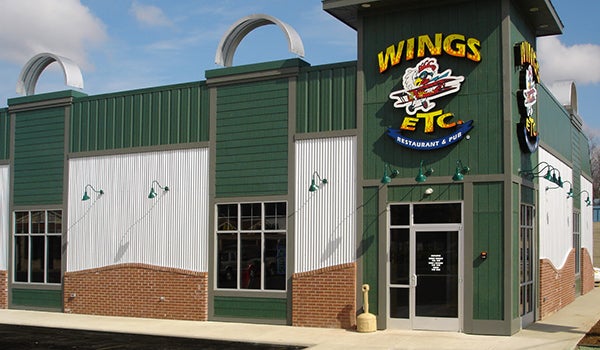Proos’ STEM certification, ‘hot jobs’ bills sent to governor
Published 9:36 am Thursday, June 21, 2018
LANSING — The Michigan Legislature finalized Sen. John Proos’ legislation earlier this month that will seek to ensure students are provided with important career information and get a leg up on earning a job in a high-skilled career or continuing their education.
“These measures are about helping students succeed by ensuring they get all the information they need on in-demand jobs in their area and highlighting skills training that students may have taken to prepare for these growing careers,” said Proos, R-St. Joseph.
Senate Bill 343 would require school districts and public school academies to provide students with the most recent available analysis of in-demand occupations for the economic forecast region in which the school or public school academy is located. The bill would allow the in-demand careers information to be emailed to students.
Outlooks for all of Michigan’s 10 prosperity regions are available at milmi.org/research/regional-hot-jobs-for-2024.
“Michigan’s economy is growing and creating jobs, yet many of these well-paying positions remain unfilled,” Proos said. “We owe it to every high school student to provide them with comprehensive career information — including materials on fields where jobs currently exist and are expected to be created — so they can make the best decision for their future.”
SB 344 would allow Michigan students to receive a science, technology, engineering and mathematics certification on their diploma or transcript as an incentive for taking additional STEM courses.
“This certification would be a chance to reward students who take additional STEM classes and to highlight their accomplishments,” Proos said. “I look forward to seeing the governor sign this bill to give our students a competitive advantage in landing a great job by making Michigan the first state to allow this STEM certification opportunity.”
To earn the certification, students would need to complete at least six credits in mathematics, at least six credits in science, at least a half credit featuring significant coursework involving technology, and at least a half credit featuring significant coursework involving engineering.
The bills now head to the governor to be signed.





